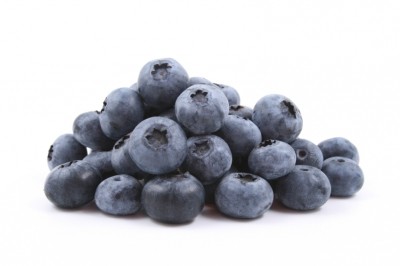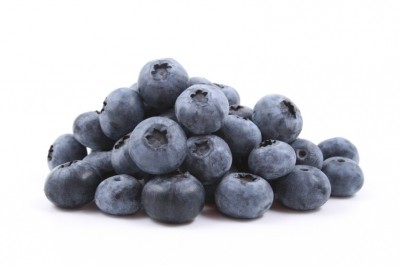Baked blueberries may have altered polyphenol content warn researchers

While consumption of raw, fresh, blueberries may be associated with several health benefits - including improved cognitive functions, lower risk of heart disease and reduced inflammation, thanks to their high content in powerful polyphenolic compounds; a freshly baked blueberry may not have the same benefits, warn researchers.
Writing in the Journal of Agricultural and Food Chemistry, researchers explained that some methods of processing, such as juicing and canning, are known to lower polyphenol levels by between 22% and to 81%. However, the team noted that no studies have tested whether using blueberries in breads, muffins or pies affects their polyphenol content.
Led by Ana Rodriguez-Mateos from the University of Dusseldorf, Germany, the research team sought to test the stability of these health-promoting compounds during cooking, proofing (when the dough rises before cooking) and baking.
"Due to their possible health benefits, a better understanding of the impact of processing is important to maximize the retention of these phytochemicals in berry-containing-products," said the researchers, who found that all three processes had mixed effects on blueberries' polyphenols including anthocyanin, procyanidin, quercetin and phenolic acids.
Rodriguez-Mateos and her colleagues revealed that anthocyanin levels dropped by 10% to 21%, while levels of smaller procyanidin oligomers got a boost and those of the larger ones dipped. Phenolic acid levels were found to increase while other compounds such as quercetin remained constant.
The team suggested that the good retention of polyphenols observed in their study may be due to the use of yeast, which might act as a stabilising agent during baking.
Source: Journal of Agricultural and Food Chemistry
Published online ahead of print, doi: 10.1021/jf403366q
"Impact of Cooking, Proving, and Baking on the (Poly)phenol Content of Wild Blueberry"
Authors: Ana Rodriguez-Mateos, Tania Cifuentes-Gomez, Trevor W. George, Jeremy P. E. Spencer













